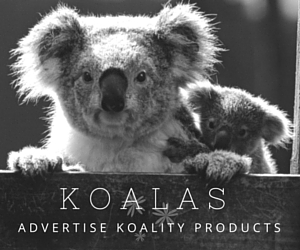China On the Rise

April 20, 2016
China has a stronger film industry than Hollywood. American filmmakers, panic now. Ok, not yet. Chinese films are not dominating American theatres just yet but it seems China’s booming film industry is on track to compete with the West. And who knows, maybe we will start seeing English films with Chinese audio overlay. The fact is, Hollywood is not as indomitable as the United States may think. Hengdian World Studios and the wild success of the Chinese film industry, even in the midst of Chinese censorship, proves that much.
When 60 Minutes correspondent Holly Williams reported that China overtook the United States in movie sales, viewers wondered why. What did China have that the glorious Hollywood lacked? Hengdian World Studios is what they lacked. The 7,000 acre studios feature a scale replica of all of China’s historical monuments. There is, as Williams says, “a palace for every dynasty, a village for every era, where some of the biggest movies in China have been filmed over the last two decades.” It is the largest movie set in the world. And Hollywood has taken notice, “partnering with Chinese studios and making blockbusters as much for Chinese audiences as American ones.” The fact is that Hengdian’s 7,000 acres cannot be overlooked.
None of China’s movie success can be overlooked for that matter. Forbes’ Chinese and Indian movie industry contributor Rob Cain squawks at Williams’ report, asking “When was the last time you saw a Chinese-made movie?” He insists that even popular works that seem like the doing of China like Crouching Tiger, Hidden Dragan was a “collaboration between American, Taiwanese, and Hong Kongese writers and filmmakers.” He is right that China has not yet pushed Hollywood films out of American theatres but he is overlooking how close the country is to doing so. Dennis Wang’s rags to riches story reflects the Chinese film industry’s speedy growth. Once a Chinese food deliveryman in New York, Wang is now the chairman of Huayi Bros, one of the largest Chinese movie studios.
Wang not only captures the runaway train the Chinese industry has become but elucidates where China’s progress has come to halt. China’s soft power, intangible authority over its people, relies on its censorship of films. The United States had to, for example, cut whole sections of popular films like Men in Black 3 to meet China’s standards. Rob Cain has a point there but he fails to take note of advances like Kung Fu Panda 3. California’s DreamWorks and Shanghai’s Oriental DreamWorks both produced the film, making sure to match mouth movements to the language, with filmmakers saying, “You no longer have a misalignment between the voices and lip movement.” China-based American film producer Dede Nickerson suspects that the United States will soon not need to censor its films but produce them with China’s restrictions in mind. Rob Cain is right that Chinese films are not flooding American theatres but he is naïve if he thinks it is not going to happen.
No industry is impenetrable. China is proving that as it chips away at Hollywood’s iron armor. As unbelievable as it seems to Rob Cain, Hollywood is not ironclad. Hengdian World Studios have the largest film set in the world. China’s film industry is booming even in its recession, its only obstacle government censorship. Its burgeoning industry can no longer be ignored and the world must brace itself for the storm to come.



